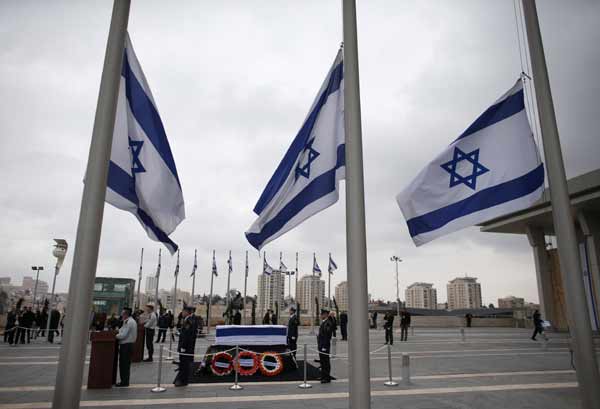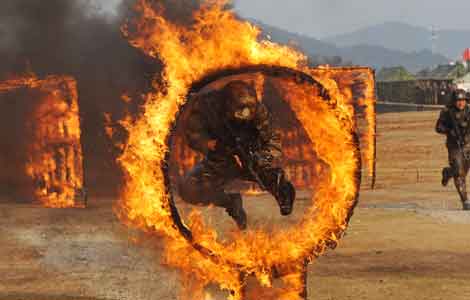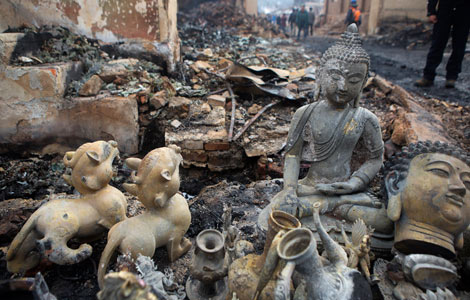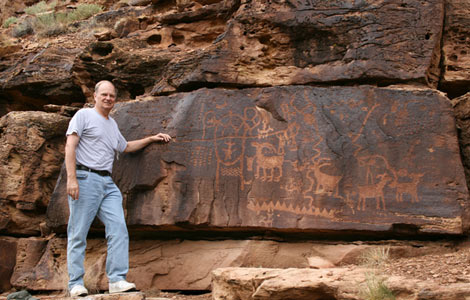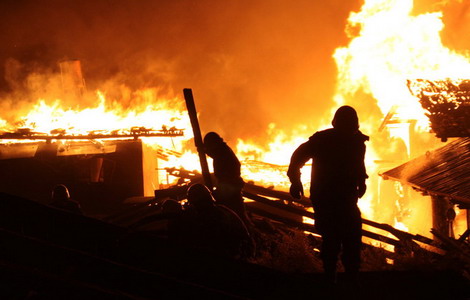Body of Israel's Ariel Sharon lies in state
Updated: 2014-01-12 22:17
(Agencies)
|
||||||||
Residents in Qibya on Sunday remembered the village's darkest hour. Qibya resident Hamed Ghethan was just 4 years old when the raid took place. He said he could remember older residents placing their hands over the children's mouths so they wouldn't make a sound.
"Sharon's name reminds me of... martyrs from my village," said Ghethan, 65, as he surveyed the ruins of buildings destroyed in the military action.
As one of Israel's most famous generals, he was known for bold tactics and an occasional refusal to obey orders.
Historians credit him with helping turn the tide of the 1973 Mideast war when Arab armies launched a surprise attack on Israel on the solemn fasting day of Yom Kippur, causing heavy Israeli casualties.
Sharon became a minister in Menachem Begin's government in the late 1970s, and voted against the historic 1979 peace treaty with Egypt. But when it fell to Sharon to remove Jewish settlements from Egypt's Sinai Peninsula, he obediently ordered protesting settlers to be dragged away and their homes bulldozed to rubble.
As defense minister in 1982, Sharon launched the invasion of Lebanon, where he became complicit in one of bloodiest incidents of the Lebanese war, when Israeli-allied forces systematically slaughtered hundreds of Palestinians in the Sabra and Chatilla refugee camps in September 1982. An Israeli judicial inquiry found Sharon indirectly responsible for the killings, and he was forced to step down as defense minister.
Yet over the years, he gradually rehabilitated himself by holding a number of Cabinet posts.
As opposition leader in September 2000, Sharon demonstratively visited a contested Jewish-Muslim holy site in Jerusalem, setting off Palestinian protests that quickly lurched into an armed uprising that ultimately killed hundreds of Palestinians and Israelis.
Several months later, he was elected prime minister. While Sharon ordered a tough crackdown on the Palestinian uprising, he made a dramatic about-face in 2003 when he announced his plans for a unilateral withdrawal from occupied lands.
In 2005, he directed a unilateral pullout of Israeli troops and settlers from the Gaza Strip, ending a 38-year occupation.
He later bolted from his hard-line Likud Party and established the centrist Kadima Party, with a platform promoting further territorial concessions and support for a Palestinian state alongside Israel.
It seemed he was on his way to an easy re-election when he suffered the stroke in January 2006.
Related photos:
|
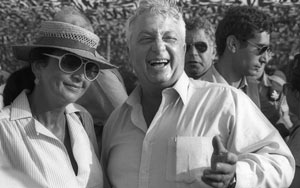 Timeline of Sharon's life |
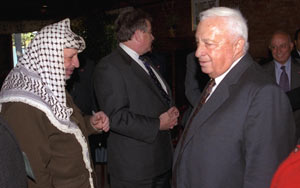 Global reactions |
|
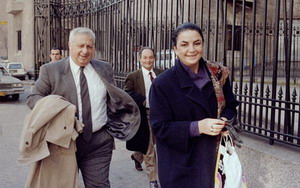 |
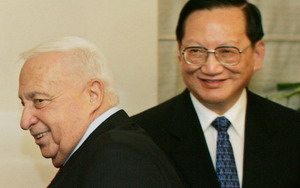 |
Most Viewed
Editor's Picks

|

|

|
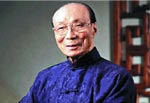
|

|

|
Today's Top News
Rich Chinese tourists looking to space
Deals 'blow' against separatists
Sharp fall in tourism hits Beijing
Sharon's legacy full of contradictions
Lenovo targets US, but when?
Embraer extends coverage in China's aircraft market
Japan tries to justify shrine visit
Culture sets the beat for ties
US Weekly

|

|
